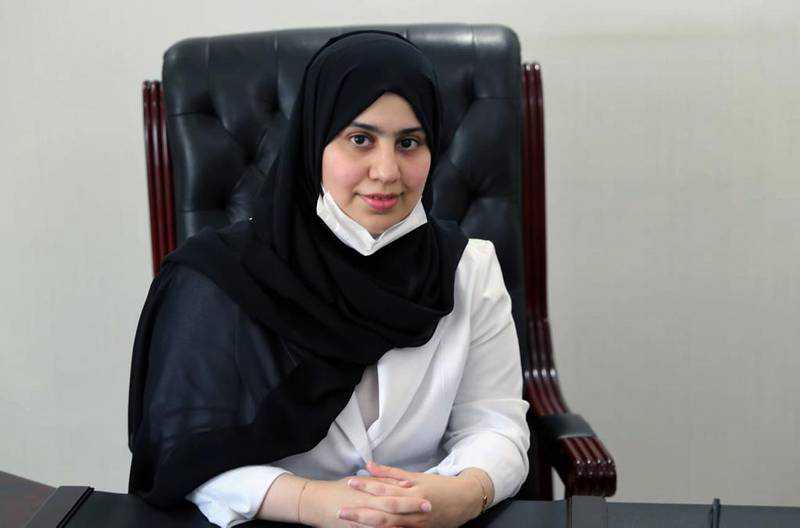UAE approves Pfizer Covid-19 vaccine for children aged 5 to 11
01 November, 2021

The UAE has approved the Pfizer-BioNTech coronavirus vaccine for children aged between 5 and 11 on an emergency basis.
Authorities said clinical studies showed the vaccine provided a strong and safe immune response.
Dr Hussain Al Rand, assistant undersecretary for public health at the Ministry of Health and Prevention, said the results achieved by the national vaccination campaign had helped the country to move towards recovery and a return to normality.
Until now, Sinopharm was the sole UAE-approved vaccine for young children aged 3 to 11.
A significant number of children aged between 12 and 17 have already received either Sinopharm or Pfizer, which were approved for teenagers earlier this year.
'Benefits outweigh rare risks'
The approval of Pfizer for younger children came after data released by Pfizer showed the vaccine is 90.7 per cent effective in preventing symptomatic Covid-19 in children aged 5 to 11 during trials.
Last week, an expert panel advising the US Food and Drug Administration voted 17-0 with one abstention to recommend regulators approve Pfizer-BioNTech for 5-11 age group, saying the benefits outweighed the risk of a rare cardiac side effect.
The condition, myocarditis, has been linked to both the Pfizer-BioNTech and Moderna vaccines, particularly in young men.
But even if the number of myocarditis cases in the younger age group turn out to be similar to that observed among 12- to 15-year-olds, more hospital admissions would still be prevented by the Covid-19 vaccine in most scenarios analysed, FDA staff reviewers said in the meeting on Tuesday.
“To me, it seems that it is a hard decision but a clear one,” said Patrick Moore, a University of Pittsburgh microbiologist and committee member at the meeting.
He said 94 children aged between 5 and 11 had died of Covid-19 in the United States, “all have names. All of them had mothers”.
Amanda Cohn, a vaccine expert at the US Centres for Disease Control and Prevention, and member of the panel, said the vaccine would prevent deaths, ICU admissions and long-term adverse outcomes in children.
The vast majority of children experience only mild symptoms, or none at all.
However, they can and do catch the coronavirus and transmit it, and a small number become very sick or die as a result.
Surge in UK school cases prompts call for child vaccinations
In England, which is currently reporting extraordinarily high infection rates among children - 302 young people 0-17 years were taken to hospital in the week leading up to October 23.
Among them, 173 were between ages 6 and 17, and 129 were 5 and younger.
In total, 101 children have died as a result of Covid-19 since the start of the pandemic in the UK.
Data shared with the FDA at the meeting to discuss the vaccine in the 5-11 group showed child hospital admissions in the US due to Covid-19 are on par with some recent flu seasons.
However, data showed children are more likely to require intensive care and mechanical intervention if they are admitted to hospital with Covid-19 compared to flu, the panel heard.
And a recent study reported in the journal paediatrics showed Covid-19 led to more symptoms and complications than the flu in children, with underlying health conditions such as asthma and obesity presenting bigger risks.
According to the research, pneumonia and hypoxia, or a lack of oxygen, occurred more frequently in Covid-19 than seasonal flu.
Children can also suffer from "long Covid," which affects as many as 14 per cent young people infected by the coronavirus, according to studies.
Initial data on the 2 to 4 age group and 6 months to 2 years is expected by the end of the year, with approval following sometime in early 2022 if it is shown to be safe and effective.
The ministry also announced that booster doses would be given to people with chronic diseases who received the Pfizer-BioNTech and Sputnik vaccines.
Source: www.thenationalnews.com
